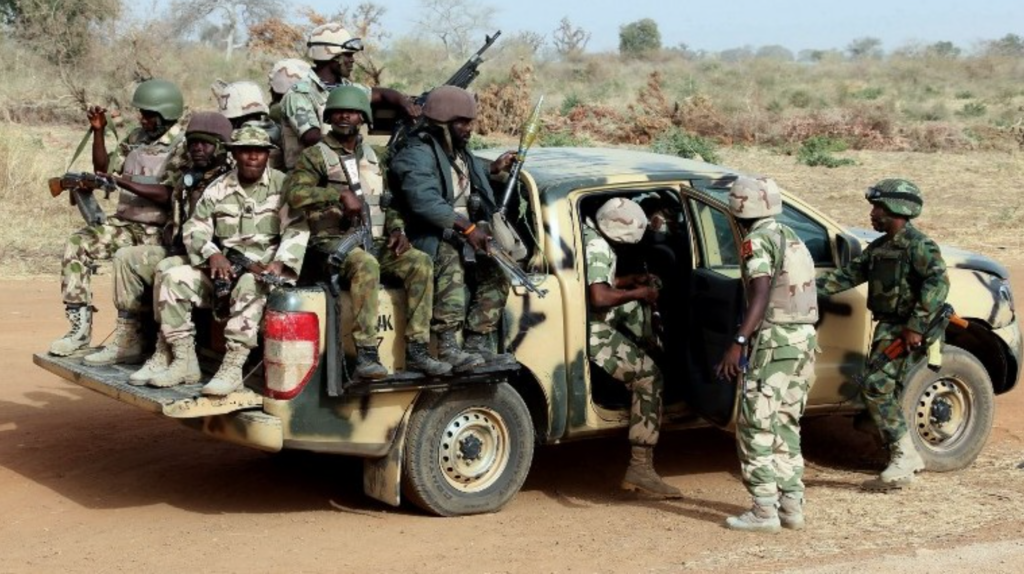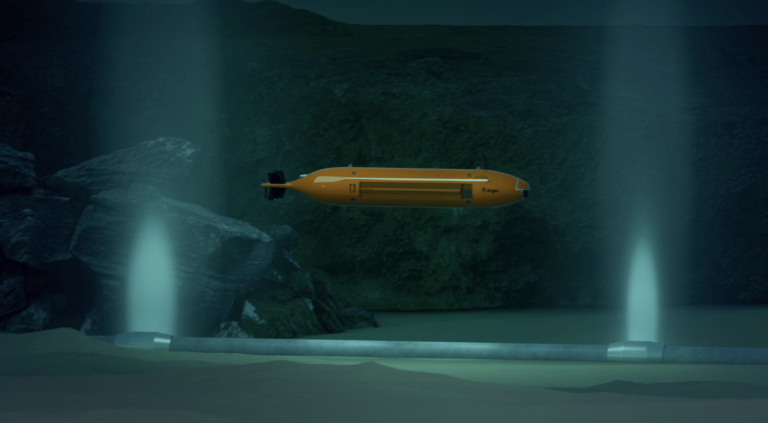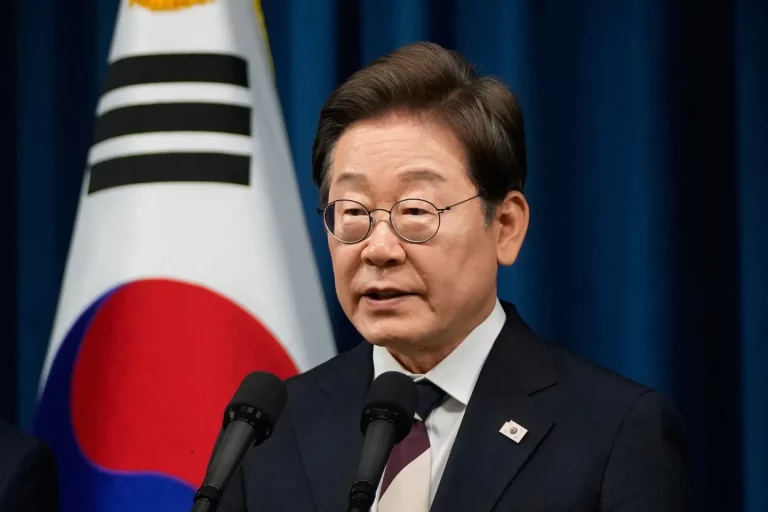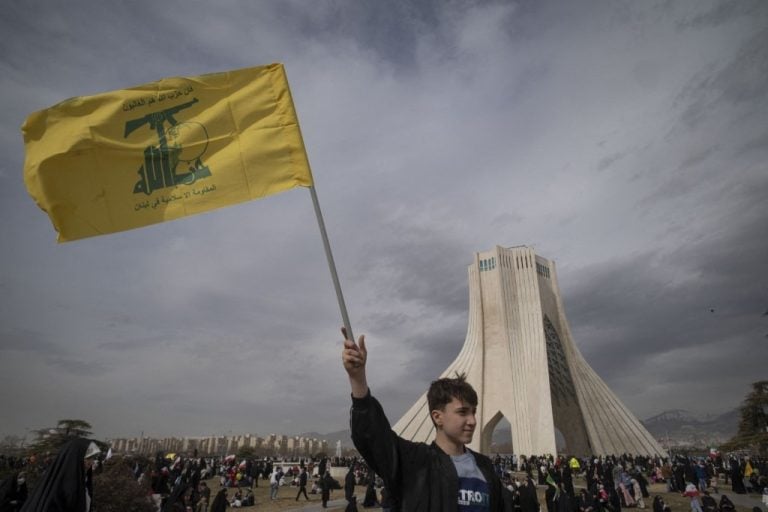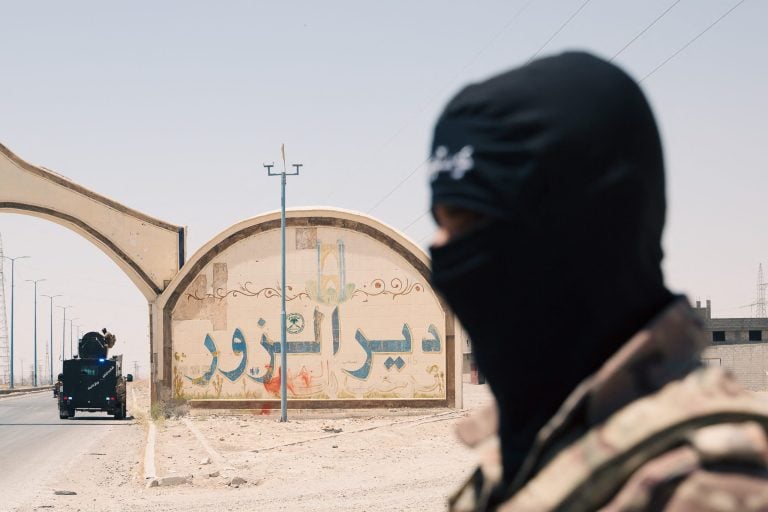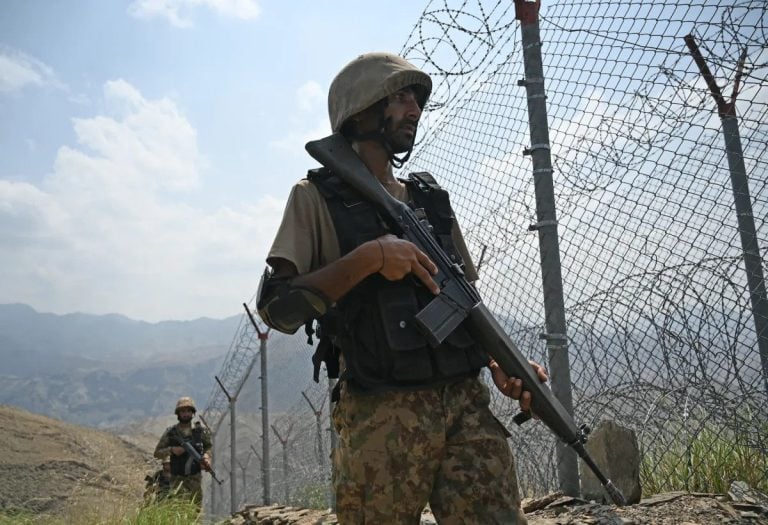In a tragic escalation of violence in Nigeria’s Plateau state, a recent attack has claimed the lives of at least 52 people, according to sources from the Red Cross. This violence, rooted in long-standing intercommunal conflicts and land disputes, has once again highlighted the dangerous tensions prevalent in the region. The attacks occurred late Sunday night in the villages of Zike and Kimakpa, located in the Bassa area, just 25 kilometers from the state capital, Jos.
The latest violence is part of a disturbing trend that has seen over 100 individuals killed in Plateau state within the span of two weeks. Just earlier this month, armed assailants had targeted villages in the Bokkos area, resulting in a death toll that has raised alarms among local officials and human rights organizations.
As a direct response to the escalating crisis, President Bola Tinubu has initiated a thorough investigation into the violence, emphasizing the need to identify those responsible for these heinous acts. “We cannot allow this devastation and the tit-for-tat attacks to continue. Enough is enough,” he declared while on an official visit to France.
Eyewitness accounts paint a grim picture of the recent assault. Dorcas John, a resident of Zike, recounted how attackers descended upon their community, indiscriminately firing weapons and resulting in the death of several townsfolk. Other witnesses reported that approximately 100 armed men were involved in the raid, some armed with machetes. The violence left not only fatalities but numerous injuries and significant property damage, with around 30 houses burned down during the rampage.
Amnesty International has reported a slightly higher death toll of 54, expressing concern over the hundreds of individuals displaced by the latest outbreak of violence. Amid the chaos, victims and their families have been left to contend with the aftermath, including serious injuries and loss of loved ones.
Local officials, including the governor of Plateau state, Manasseh Mutfwang, have publicly denounced the attacks, vowing to restore peace and prevent further bloodshed. “We will no longer allow our communities to be turned into killing fields,” he asserted, acknowledging the larger context of communal violence in the state.
The root causes of these conflicts are complex and multifaceted. Researchers indicate that increasing competition for land—especially as farming areas expand and traditional grazing routes diminish due to climate change—has exacerbated tensions, particularly between Muslim Fulani herders and predominantly Christian farming communities. This landscape of conflict is further muddied by historical grievances, political strife, and the influence of passionate religious leaders, which has deepened divides among different groups.
In a chilling indicator of the violence’s intensity, a local official pointed to a recent incident involving the discovery of the headless body of a young Fulani herder, whose cattle had been stolen, framing it as part of a broader pattern of ethnic and religious cleansing. This assertion has been contested by local herder associations, which argue that the Fulfulde language, common among many groups in Nigeria, should not automatically assign blame to any particular community.
The Muslim community group JNI has also voiced concerns, warning that the current trajectory of violence risks descending into full-blown anarchy if not effectively managed. The Plateau state government, which has termed the recent killings “unprovoked,” underscored the existential threat posed to the livelihoods and safety of its residents, further amplifying calls for urgent intervention and resolution of these enduring conflicts.
